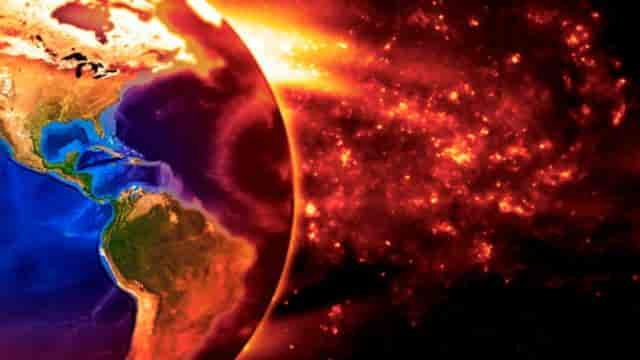The predictions about the end of the world have been a part of the collective imagination for many years, and now several scientists have given a new date. In this article, we will explore the scientific predictions and the reasons behind them.
The New Date for the End of the World
In 1960, a team consisting of physicist Heinz von Foerster, Patricia M. Mora from the University of Chicago, and Lawrence Amiot from the Argonne National Laboratory, published a study in the journal Science. They revealed the predicted date and reason for the end of humanity.
According to their mathematical calculations, the end of humanity could occur on November 13, 2026. However, unlike popular beliefs, the cause of this catastrophic event would not be global warming but rather the accelerated issue of overpopulation.
“Our great-grandchildren will not die of hunger, but they will be squeezed to death. By this date, the human population will approach infinity if it grows as it has in the last two millennia,” as stated in the publication.
How Can the End of the World Be Avoided?
In the face of this apocalyptic prediction, the scientists emphasized that humanity itself has the power to prevent this outcome. It is crucial for us to take immediate action and address the issue of overpopulation.
The Current World Population
As of November last year, the global population exceeded 8 billion people, according to the latest World Population Prospects report. The report also predicts that India will surpass China as the most populous country in the world by 2023.
Furthermore, the most recent projections by the United Nations suggest that the number of people on the planet may reach around 8.5 billion by 2030 and 9.7 billion by 2050. It is estimated to peak at around 10.4 billion people during the 2080s and remain at that level until 2100.
However, it is worth noting that the global population is growing at its slowest annual rate since 1950, falling below 1% in 2020.
In conclusion, while scientists have predicted a potential end to humanity in the not-so-distant future, it is essential to realize that we have the power to change this fate. By addressing the issue of overpopulation and taking action as a collective, we can work towards a better and more sustainable future for our planet. Let us come together and make a difference before it’s too late.
Note: The information provided in this article is based on scientific predictions and should be taken with a critical mindset.



